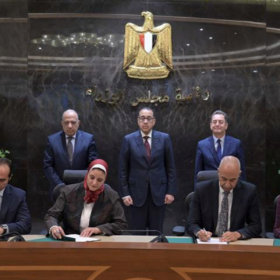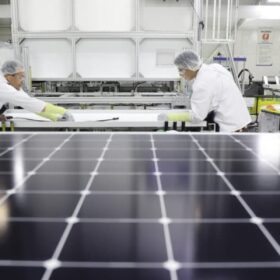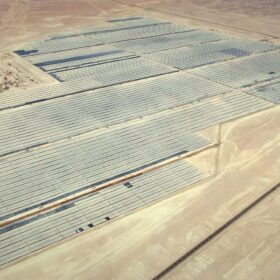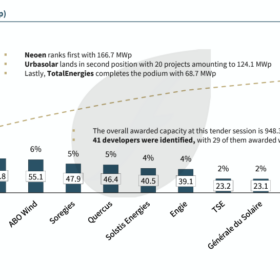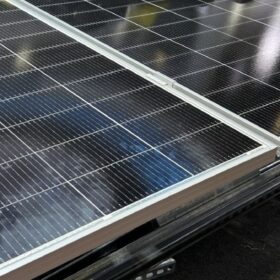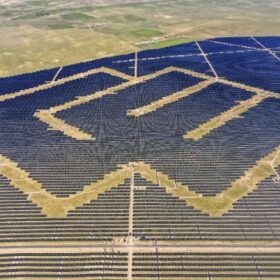Voltalia, Taqa Arabia to develop Egyptian 3 GW wind-solar facility
French developer Voltalia and Egyptian energy distribution company Taqa Arabia have signed a memorandum of understanding to turn an existing 545 MW wind farm into a 3 GW hybrid wind-solar site.
Dutch parliament approves end of net metering in 2027
Trade body Holland Solar says the Dutch parliament has approved eliminating net metering in 2027, giving the solar sector clarity to move forward.
Brazil raises solar module import duty from 9.6% to 25%
Brazilian PV association ABSolar says the Brazilian government’s decision to raise the import duty on solar modules from 9.6% to 25% could slow the country’s energy transition and negatively affect ongoing projects.
Maxeon solar panels shipped from Mexico denied entry to U.S.
U.S. Customs and Border Protection blocked Maxeon products despite “having provided clear and objective evidence” of a compliant supply chain.
PowerChina launches 52 GW solar module, inverter tender
PowerChina has launched a 52 GW procurement plan for 2025, which includes solar modules, inverters, and 16 GWh of energy storage systems.
France allocates 948.3 MW in ground-mounted PV tender
The French government has awarded 120 projects at an average price of €0.07928 ($0.0355)/kWh in its latest ground-mounted PV tender.
Solar modules now selling for less than €0.06/W in Europe
Solar module prices reached a new low this week, says Leen van Bellen, business development manager Europe for Search4Solar, a European purchasing and selling platform for solar products. He tells pv magazine that prices will remain low in the short term.
World’s second-largest solar plant goes online in China
CHN Energy has connected the 3 GW Mengxi Lanhai solar facility to the grid after 14 months of construction. The project in Ordos, Inner Mongolia, required a total investment of approximately CNY 12 billion ($1.6 billion).
Italy allocates 322 MW of PV in latest renewables auction
The Italian authorities have allocated 410.6 MW of renewables capacity in the nation’s 15th procurement exercise for clean energy. Developers have offered a maximum discount ranging between 2.01% and 5.35% from the auction ceiling price of €0.07778 ($0.08272)/kWh.
Nepal allocates 960 MW in PV tender with lowest bid of $0.037/kWh
The Nepalese authorities had originally planned to allocate 800 MW of PV capacity through the procurement exercise. The 64 selected projects range in size from 5 MW to 50 MW.
